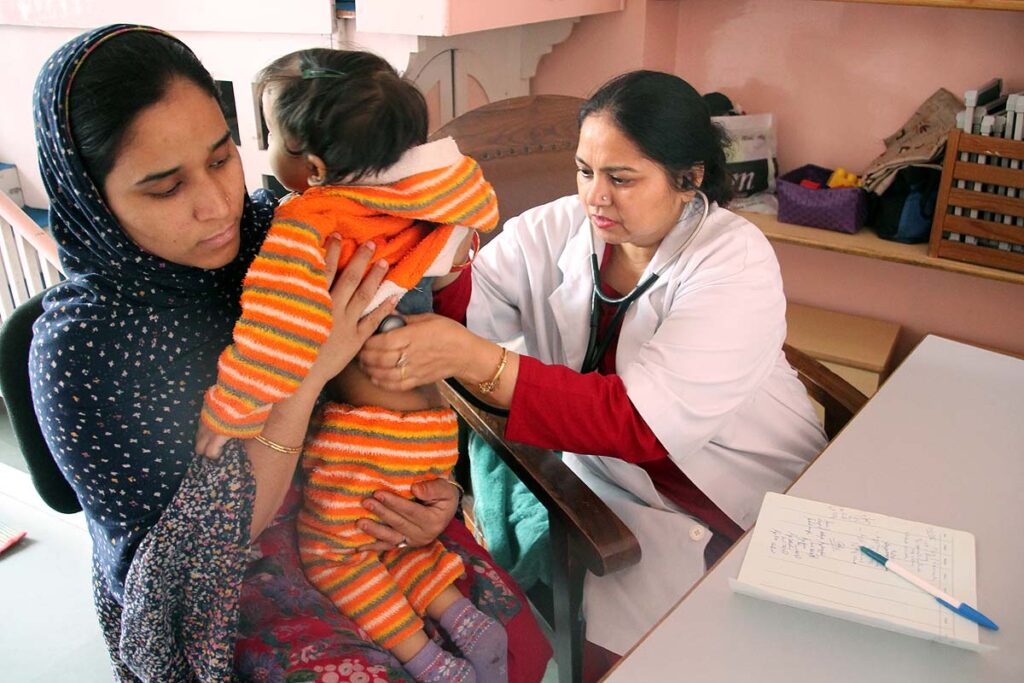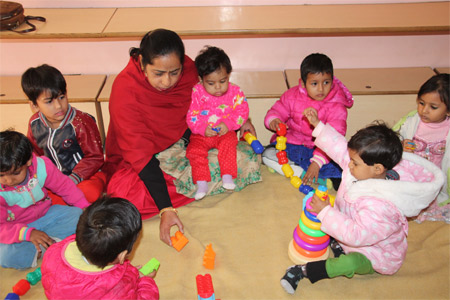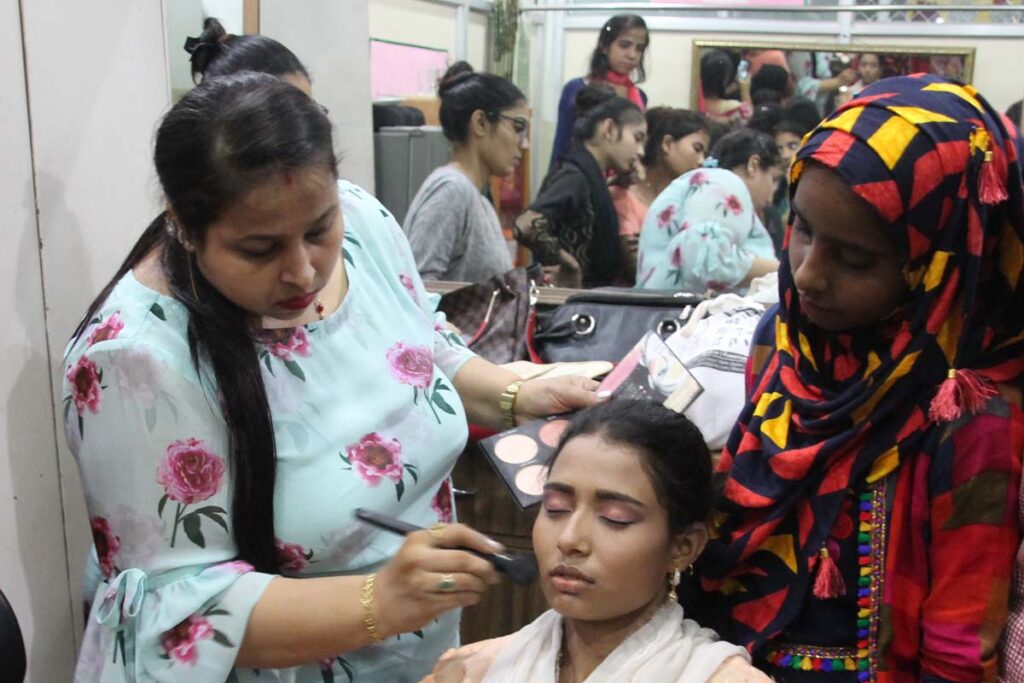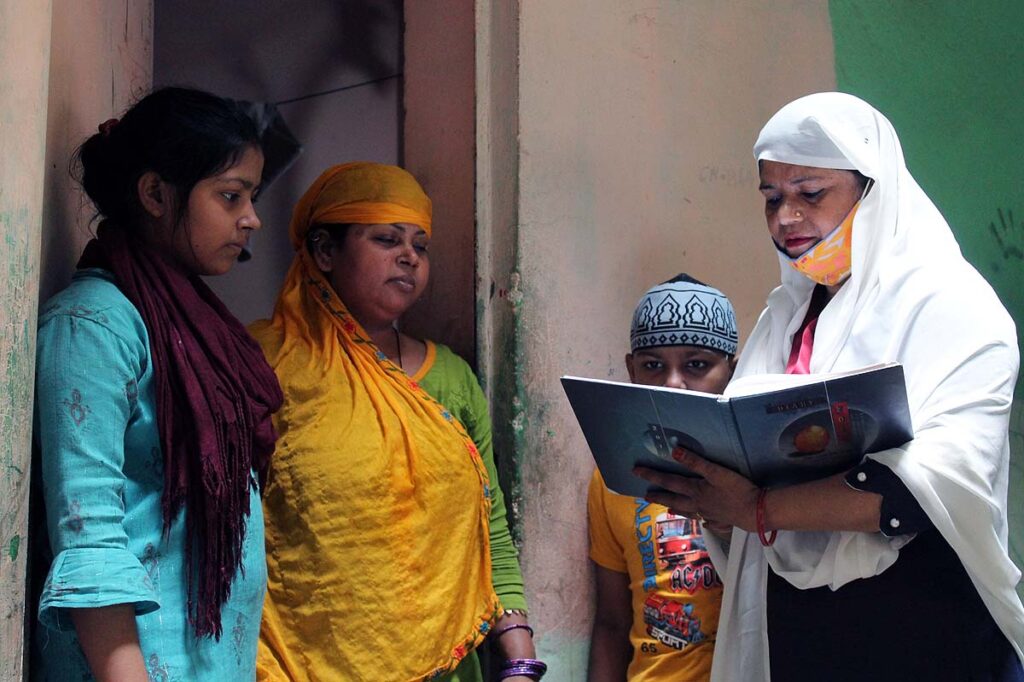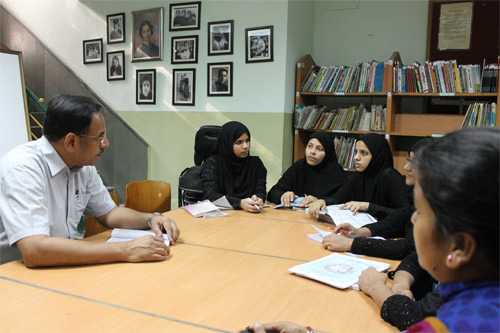Welcome
The Hope Project is a transformative initiative launched in 1975 by Pir Vilayat Inayat Khan. Originating as a “milk distribution program” for malnourished children, the project initially focused on aiding homeless migrant families from impoverished Indian states. Equipped with a medical team, the project provided essential consultations, treatments, and referrals, while children received education in only two modest classrooms. A major problem at that time was the limited workspace.
The turning point came with a significant inheritance donation at the turn of the millennium, enabling the construction of a new building for educational activities and health center. This expansion facilitated the growth of educational and medical services, including vocational training and specialized programs for women. The introduction of self-help groups empowered women to save funds and distribute small loans independently. The core philosophy of The Hope Project is rooted in fostering “help for self-help,” aiming to unleash the hidden potential of individuals, making them active contributors to society.
Situated in the Nizamuddin Basti, South Delhi—a historic urban village in the middle of metropolis—the project is strategically placed to address the needs of its diverse population. Rooted in the legacy of Sufi saint Hazrat Nizamuddin Auliya, the Basti embodies a mix of religious and cultural influences and attracts thousands of pilgrims every year and thus, this place reflects the social structure of India. The project’s interreligious and ethical work plays a pivotal role in fostering tolerance, conflict prevention, and peace-making.
Newsletter
Would you like to stay regularly informed about the project and its development? Then we would be happy to inform you about the new publication of our newsletter. Please let us know your email address . The newsletters, which we send online twice a year, are available to you in German and English.
In the archive you will find the current and various older newsletters as well as special reports on the Covid situation.

